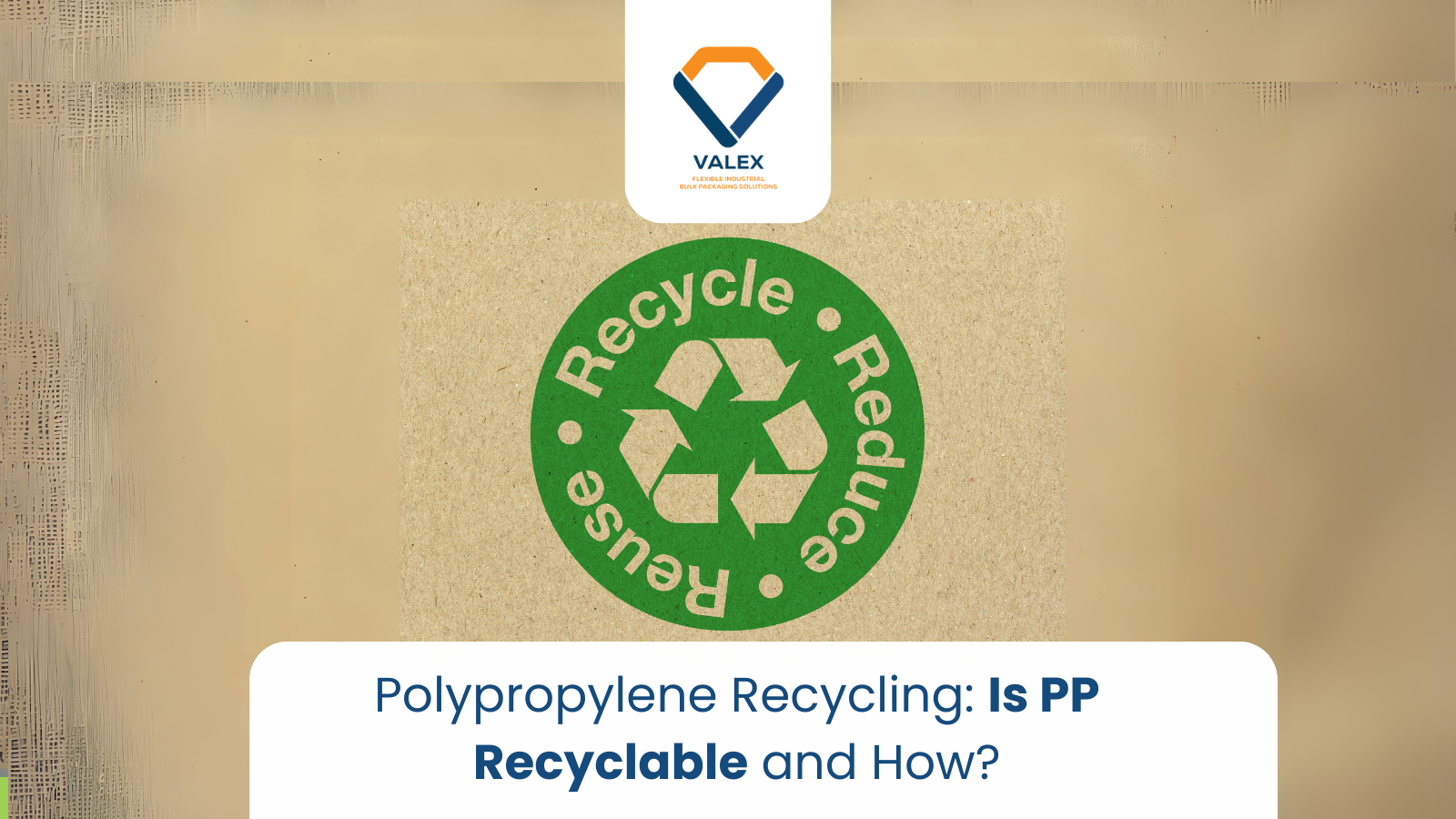Polypropylene (PP) is one of the most common plastics you encounter every day in packaging, textiles, automotive parts, medical supplies, and more. Yet, many people aren't sure what happens to PP once it's discarded. Can this durable material really be reclaimed and transformed into new products? Here we'll try to understand polypropylene recycling, walk through each step of the process, address the hurdles that slow recycling rates, and share practical tips for ensuring PP stays in circulation rather than ending up in landfills.
Polypropylene is a thermoplastic polymer known for its strength, chemical resistance, and lightweight properties. It carries the recycling code "5" and is used in:
Recycling PP reduces landfill waste, conserves resources, and lowers carbon emissions. Given the volume of PP plastic recycling needed globally, improving polypropylene recycle rates is both an environmental necessity and a business opportunity.

Mechanical vs. Chemical Recycling
Mechanical recycling is the most common method. It involves:
Chemical recycling, also called feedstock recycling, breaks PP down into its monomers or other chemical feedstocks. This approach can handle more contaminated or mixed plastic streams but is still emerging at scale.
Practical Recyclability
In theory, can polypropylene be recycled indefinitely? Yes, PP can be reprocessed multiple times without significant loss of performance. In practice, challenges like contamination, lack of sorting infrastructure, and market demand for recycled PP limit recycling rates.
Contamination and Mixed Plastics
Food residues, adhesives, and mixed polymers reduce the quality of recycled PP. Recycling facilities often reject heavily soiled or mixed-material items, sending them to landfill instead.
Collection and Sorting Limitations
Many curbside programs do not accept PP items like tubs and lids. Even when collected, mixed plastics (e.g., PP blended with polyethylene) complicate sorting. Investing in advanced optical sorting can help, but such systems are costly.
Market Demand for Recycled PP
Manufacturers may prefer virgin PP for its consistent quality. Without strong demand for recycle polypropylene materials, recyclers struggle to find buyers for their output, creating a bottleneck in the recycling chain.
Household and industrial PP items are gathered through drop-off centers, curbside bins, or take-back schemes. Early sorting removes obvious contaminants and separates PP from PET, HDPE, and other plastics.
Step 2: Grinding and Washing
Shredders reduce PP items into small flakes. High-pressure washing units clean these flakes thoroughly, ensuring labels, grease, and food particles are removed. Clean flakes command higher value in the market.
Step 3: Pelletizing
Clean flakes are melted and extruded into uniform pellets. These recycled pellets can then be used by manufacturers to produce new polypropylene products, such as flower pots, bins, or automotive parts.
Step 4: Advanced Processing (Optional)
Chemical recycling and additive blending can enhance the properties of recycled PP, making it suitable for high-end applications. Innovations in depolymerization and solvent-based processes promise to expand recycling options.
Local and Regional Facilities: Many cities have dedicated facilities for PP plastic recycling. Check with your municipal waste management or local recycling centers to locate drop-off points.
Industrial and Commercial Partners: Businesses generating large volumes of PP such as packaging companies often contract specialized polypropylene recyclers. These partners can manage collection, sorting, and processing at scale.
Certification and Quality Standards: Look for recyclers certified under programs like the International Sustainability and Carbon Certification (ISCC) or those adhering to ISO 14001 environmental management standards. Certified partners ensure transparent tracking of recycled content and sustainability claims.
Polypropylene recycling plays a vital role in reducing plastic pollution and conserving resources. While PP is recyclable in principle, overcoming challenges around contamination, sorting, and market demand is essential. By understanding the steps involved from collection and cleaning to pelletizing and chemical recycling you can make informed choices as a consumer, business, or recycler. Together, we can build a circular economy where polypropylene continues to deliver value without costing the planet.
Ready to secure your supply chain with high-quality, recyclable polypropylene FIBC bags?
Contact Valex Ventures, the best polypropylene FIBC bag manufacturer, for durable, eco‑friendly bulk packaging solutions made according to your needs.
Why is polypropylene so difficult to recycle?
Contamination from food or chemicals, mixed‑polymer packaging, and limited collection programs make sorting and cleaning PP costly and complex.
Can polypropylene be recycled indefinitely?
In principle yes, PP can be reprocessed multiple times without major loss of performance. In practice, additives and heat history may limit the number of high‑quality recycling cycles.
How do I prepare PP plastic for recycling?
Rinse containers to remove residues, peel off labels or stickers, separate PP items from other plastics, and flatten or compact large pieces to save space.
What products are made from recycled polypropylene?
Recycled PP finds new life in items like automotive parts, storage bins, and non‑woven fabrics. At Valex Ventures, we produce best FIBC bags from recycled PP pellets, combining strength with sustainability.